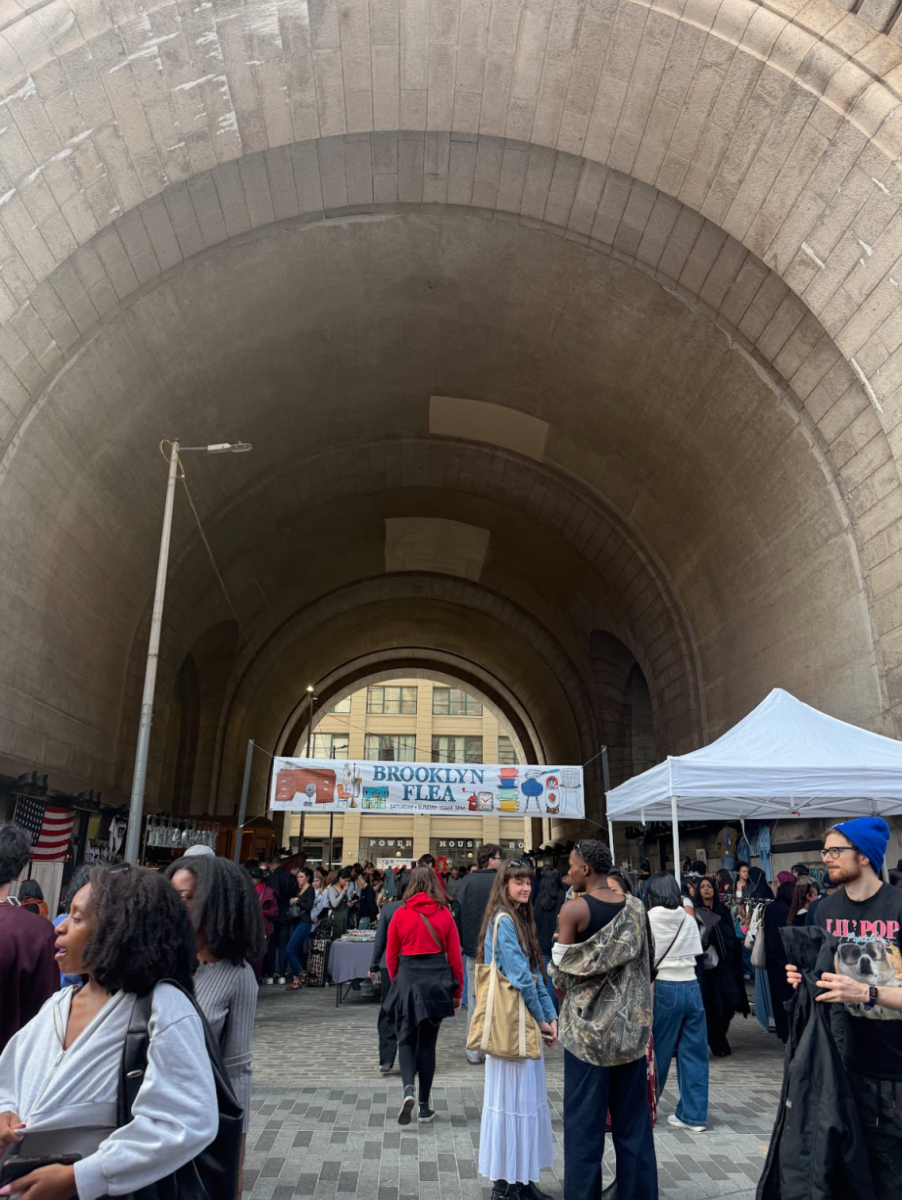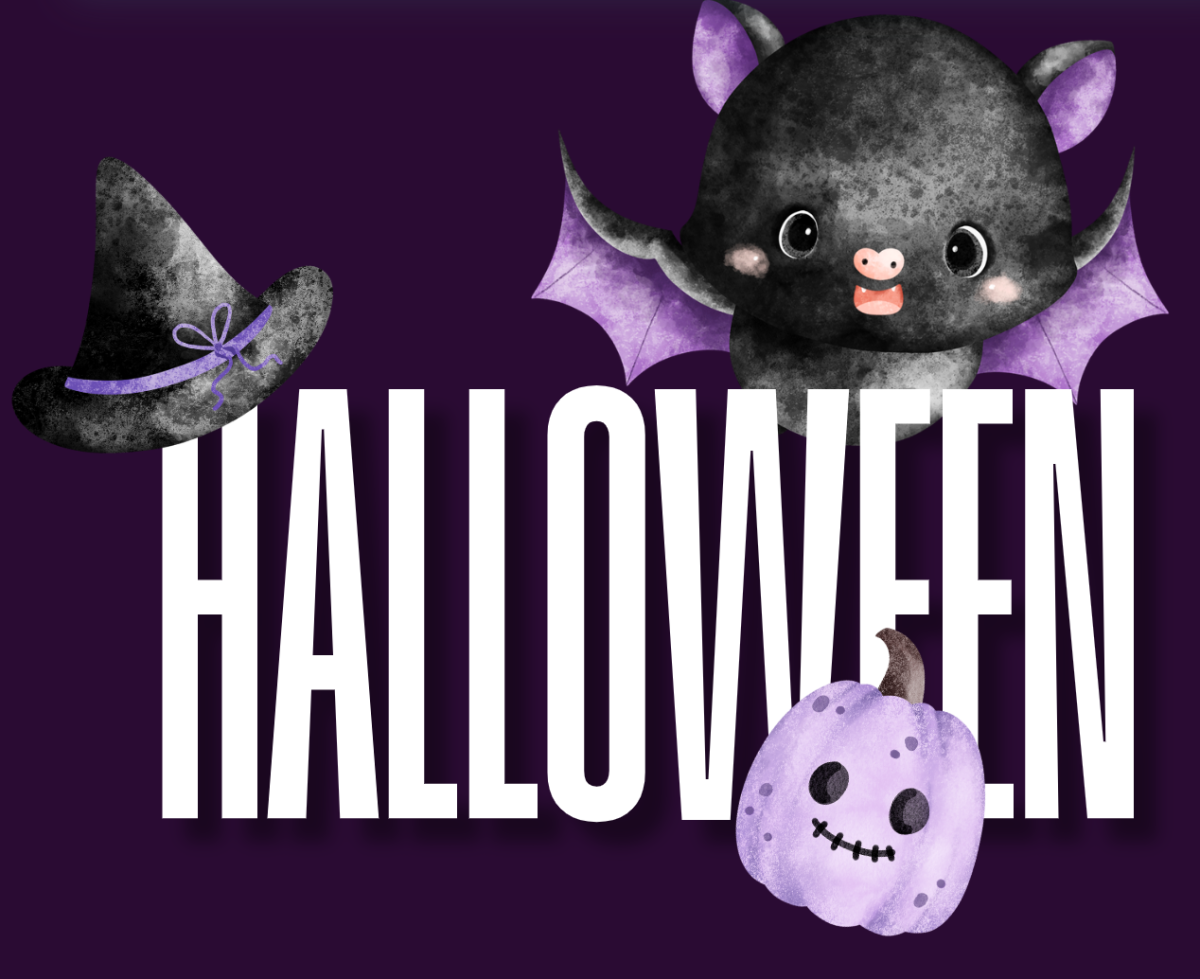
By Meredith Nardino
All sides of the entertainment industry are facing intense scrutiny for decades of systematic misconduct, yet the music industry has somehow managed to avoid the conversation. Last weekend, the Grammy Awards had the opportunity to address some of these social issues, but massively missed the mark. Kesha and Kendrick Lamar attempted to bring that poignant dialogue to the Grammys, but these moments took a backseat to revelations of the Recording Academy’s misogynistic and racial biases.
Despite the disappointing lack of socially-conscious commentary at the Grammys, U.N. Ambassador Nikki Haley complained that the telecast was too political. The critique came wildly unprovoked and remains inconceivable when you consider the historic relationship between music and protest.
Music has always been and will remain to be a political form of art. Haley may argue some people enjoy their music without any hint of politics thrown in, but those people just aren’t listening closely enough. Below are five songs by musicians using their art to make political statements.
1. “Sunday Bloody Sunday,” U2
U2 has never shied away from making a statement. For 40 years, the band has been churning out anthems crying for love, peace and unity. Its most recent live tours have been a culmination of its liberal stance, combining visual art and music in the most powerful way.
The gut-wrenching lyrics and militaristic drumbeat of “Sunday Bloody Sunday” allude to Northern Ireland’s Bloody Sunday massacre, where British troops shot unarmed civil rights protesters in the street.
The song was released in 1983 but still holds an eerie relevance to modern political strife.
2. “What’s Going On,” Marvin Gaye
It does not take much to recognize the social commentary in this soulful Motown classic. Influenced by countless events of police brutality, Gaye and songwriter Obie Benson faced backlash from studio heads who thought recording a protest song would alienate listeners.
The laidback, emotional delivery of “What’s Going On” makes it one of the most significant and personal songs in Gaye’s repertoire. It’s a plea for love and understanding during one of the most divided eras of our nation’s history.
3. “Respect,” Aretha Franklin
Aretha Franklin isn’t asking for your respect – she’s demanding it. The queen of soul alters the entire meaning of Otis Redding’s original version, flipping the gender pronouns to create the empowering anthem we all know by heart.
It may have been released during the height of the civil rights and feminist movements, but “Respect” speaks volumes to anyone feeling marginalized or disadvantaged by social conventions. Feminism has been misappropriated by celebrities and recording artists for decades, but when Aretha speaks up for women’s rights, you listen.
4. “Young Americans,” David Bowie
This mid-70s soul tribute, responsible for Bowie’s breakthrough, offers one of the most cynical takes on the American Dream to exist before millennial culture allegedly killed it. Referencing McCarthyism, President Nixon, racial inequality and the Beatles, Bowie playfully critiques the hypocritical and idealistic image of the American experience as it is projected to the rest of the world.
Surprisingly, “Young Americans” is responsible for Bowie’s breakthrough in the States, but maybe we can attribute that to the not-so-subtle Beatles sample in the fourth verse.
5. “Alright,” Kendrick Lamar
The Obama era brought some of the most diverse, introspective and liberal music to the forefront of popular culture. This president changed the face of politics and inspired legions of young people of color to dream big and be themselves.
Kendrick Lamar’s legacy indelibly intertwines with Obama’s and that of the Black Lives Matter movement. “Alright” has become the unofficial theme song of the modern fight against racial injustice of black people in America.
Kendrick has recognized the power of this song, saying that even though it has not been all over the radio, it is infiltrating our lives with its powerful and personal message.









































































































































































































